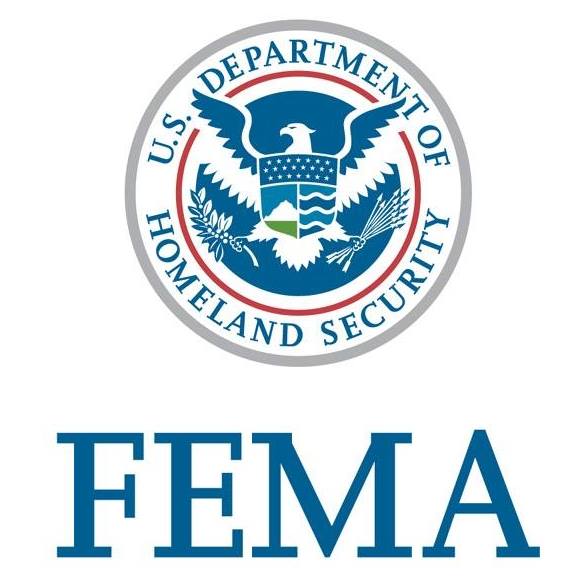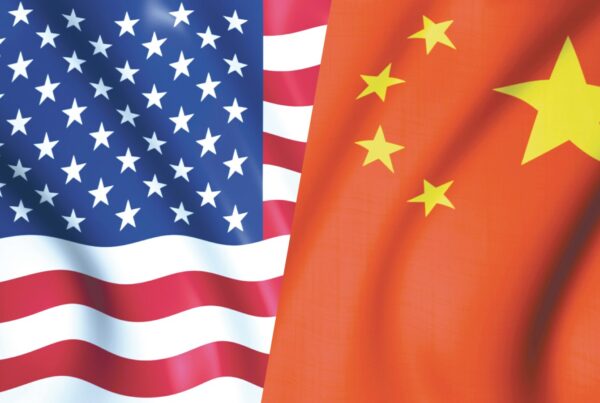The Federal Emergency Management Agency (FEMA) has issued a Temporary Final Rule restricting exports of the following types of Personal Protective Equipment (PPE) through August 10, 2020:
- N-95 Filtering Facepiece Respirators,
- Other Filtering Facepiece Respirators (N99, N100, R95, R99, R100, or P95, P99, P100),
- Elastomeric, air-purifying respirators and appropriate particulate filters/cartridges;
- PPE surgical masks,
- PPE gloves or surgical gloves
Pursuant to the allocation order, FEMA may review shipments of covered materials and, subject to certain exemptions, determine whether to (1) purchase some or all of the shipment through a Defense Protection Act (DPA) priority-rated order, (2) return some or all of the shipment for domestic use, or (3) allow some or all of the export to proceed.
EXEMPTIONS: On April 21, 2020, FEMA published a Federal Register Notice formalizing ten specific exemptions:
- shipments to U.S. commonwealths and territories (including Puerto Rico);
- shipments of covered materials by non-profit or non-governmental organizations that are solely for donation to foreign charities or governments for free distribution (not sale);
- intracompany transfers by U.S. companies from domestic facilities to company-owned or affiliated foreign facilities;
- shipments solely for assembly in medical kits and diagnostic testing kits destined for U.S. sale and delivery;
- shipments of sealed, sterile medical kits and diagnostic testing kits where only a portion of the kit is made up of one or more covered materials that cannot easily be removed;
- declared diplomatic shipments from embassies and consulates to their home country governments;
- shipments to overseas U.S. military addresses, foreign service posts, and embassies;
- shipments in transit through the U.S. with a foreign shipper and consignee, including shipments temporarily entered into a warehouse or temporarily admitted to a foreign-trade zone (FTZ);
- shipments with a final destination in Canada and Mexico; and
- shipments by or on behalf of the U.S. Federal Government, including the military.
For exemptions (2), (3), (4), (8), and (9), FEMA will require “Letter of Attestation” on company letterhead including:
- A description of which exemption(s) the exporter is claiming.
- Details regarding the shipment that are sufficient for the CBP and FEMA officials to determine whether the shipment falls under the claimed exemption(s).
- A statement that the provided information is true and accurate to the best of the exporter’s knowledge, and that the exporter is aware that false information is subject to prosecution under the DPA, as outlined in the allocation order.
In determining whether to allow, return, or allocate part or all of a shipment, FEMA will consider the following factors:
- the need to ensure that scarce or threatened items are appropriately allocated for domestic use;
- minimizing supply chain disruptions, both domestically and abroad;
- the circumstances surrounding the distribution of the materials and potential hoarding or price-gouging concerns;
- humanitarian considerations; and
- international relations and diplomatic considerations.
CBP GUIDANCE: CBP has issued guidance on its processes for administering the FEMA rule and exemptions. CSMS #42439611 (April 21, 2020).
In order to avoid detention of shipments, letters should be uploaded in DIS at the same time as the Electronic Export Information (EEI) is transmitted in the Automated Export System (AES).
When submitting to DIS, filers can submit electronically or by e-mail to docs@cbp.dhs.gov.







